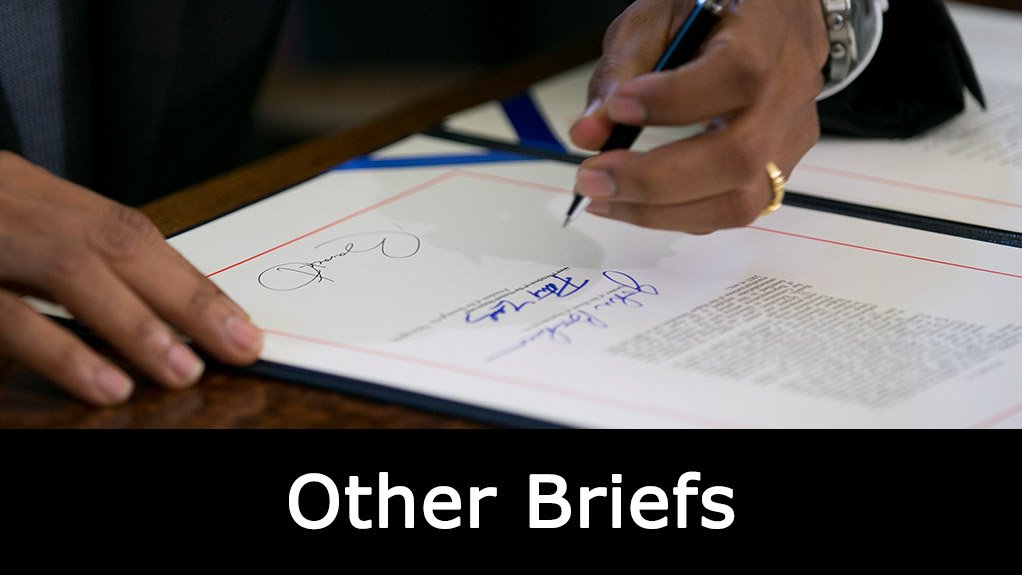How common are these sorts of cases, and what are the risks are for companies?
Mining incidents such do unfortunately occur from time to time – for instance in February 2019, the BBC reported that in neighbouring Democratic Republic of Congo, a transport vehicle carrying sulphuric acid crashed on its way to a Glencore mine. The risks associated for mining companies include:
- Adverse publicity and reputational damage (including impact on share price)
- Increased pressure from local and international NGOs, activist shareholders etc.
- Fines, levied by the regulatory bodies in the country where the incident takes place.
- Possible criminal investigation/sanction if the incident is consequent on negligence
- Litigation – class actions by workers/residents impacted by the incident (and any after-effects)
What power do organisations like AFREWATCH have?
AFREWATCH is an NGO based in the Republic of the Congo, whose stated mission is ‘to campaign for a fair and equitable exploitation of natural resources in Africa, by making States and companies accountable’. They list their main methods of intervention as:
- Monitoring
- Research
- Advocacy
- Publication
- Legal support
- Capacity building
While lacking in formal power to sanction, bodies of this nature can exercise considerable influence, by publicising issues and concerns, organising local residents and workers, bringing pressure to bear on regulatory authorities (both in-country and internationally) and bringing and/or supporting legal claims.
Is Glencore/KCC likely to conduct its own investigation, or will the Congolese government do this instead?
It is very likely that Glencore/KCC will indeed conduct an internal investigation. It is prudent and a matter of best practice that the root cause of the incident be identified, and measures put in place to avoid the prospect of a recurrence (and this is likely to be a requirement of its insurers in any event).
Reporting of the incident indicates that the Congolese government will also be conducting an investigation. (Reuters article (https://www.reuters.com/article/us-congo-mining-glencore/glencores-kcc-mine-in-congo-had-acid-spill-on-march-16-idUSKBN2BT2QS.) : (Congolese Government) Mines minister Willy Kitobo Samsoni told Reuters investigations are underway’.)
NGOs such as AFREWATCH can be expected to lobby both for an enquiry to take place (both as to the causes and any potential lasting impact of the incident) and for the findings of such investigation(s) to be made public.
Do environmental accidents like this frequently lead to legal cases? If so, how do these legal cases tend to play out in court?
Similar environmental accidents have indeed resulted in litigation. Interestingly, there have been instances of claims (by way of class action, by residents of areas close to mining sites who claim to have been impacted by the pollution of the environment) being brought in the courts of countries outside the country where the incident took place. For instance, English Supreme Court recently held that it was able to exercise jurisdiction over a claim in relation to mining-related pollution in Zambia.
Such claims have the potential to lead to damages awards being made in favour of the claimants, as well as serving to compound adverse publicity.
What fines or sanctions could be levied against Glencore?
Fines/sanctions would certainly be a risk, and the authorities in Republic of Congo will have the power to levy fines and/or apply sanctions such as altering/suspending terms of licences. However, whether this in fact occurs will depend on the conclusions of the authorities as to the severity of the incident, its underlying cause and of any more long-term effects (all of which appear at present to be the subject of pending investigation).
Written by Kwadwo Sarkodie, Partner at international law firm Mayer Brown
EMAIL THIS ARTICLE SAVE THIS ARTICLE ARTICLE ENQUIRY
To subscribe email subscriptions@creamermedia.co.za or click here
To advertise email advertising@creamermedia.co.za or click here











